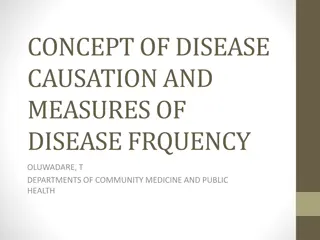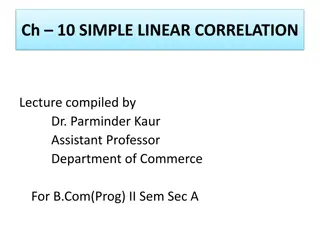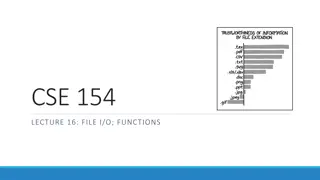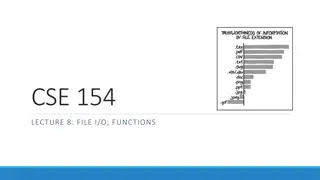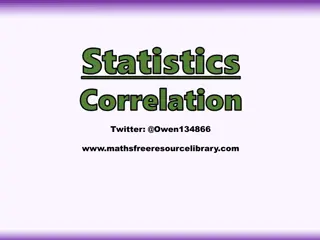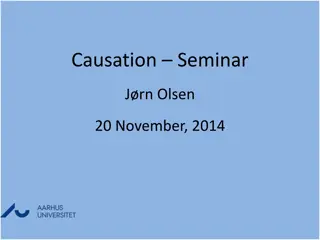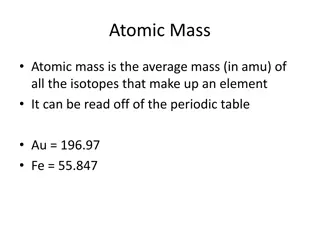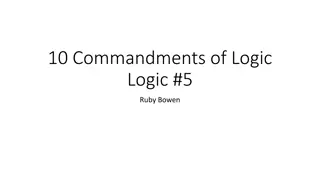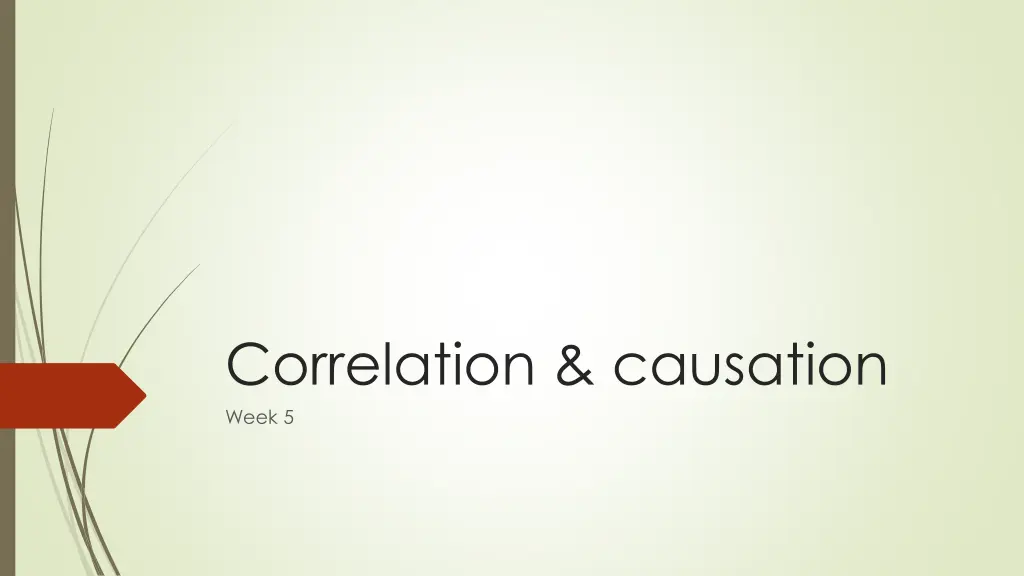
Understanding Units of Analysis in Social Science Research
Exploring the concepts of correlation versus causation and the importance of units of analysis in social science research. Learn about individual units of analysis, group analysis, organizational analysis, and social interactions as key components of research methodology.
Download Presentation

Please find below an Image/Link to download the presentation.
The content on the website is provided AS IS for your information and personal use only. It may not be sold, licensed, or shared on other websites without obtaining consent from the author. If you encounter any issues during the download, it is possible that the publisher has removed the file from their server.
You are allowed to download the files provided on this website for personal or commercial use, subject to the condition that they are used lawfully. All files are the property of their respective owners.
The content on the website is provided AS IS for your information and personal use only. It may not be sold, licensed, or shared on other websites without obtaining consent from the author.
E N D
Presentation Transcript
Correlation & causation Week 5
Correlation vs. causation Correlation research allows us to predict relationships between variables; if we know the state of one variable, we can generalize what is happening with the other variable Correlation does not tell us if changing one variable will cause a change in the other variable Example 1: socioeconomic status and health Example 2: smoking and low grades (How to Lie with Statistics, Darrell Huff (1982)) Avoid post-hoc fallacy which is a logical fallacy that states "Since event Y followed event X, event Y must have been caused by event X.
Units of analysis The what or whom being studied. In social science research, the most typical units of analysis are individual people. Are we studying individuals or groups of individuals? Which of the two is researcher s primary focus? Unit of analysis vs. unit of observation Units of analysis are things we examine in order to create summary descriptions of all such units and to explain differences among them Most common units of analysis: individuals, groups, organizations, social interactions, social artifacts
Individuals Most typical unit of analysis for social research Although any time of individual maybe unit of analysis, focus is on individuals with certain characteristics defined by research question Descriptive studies with individuals as their unit of analysis typically aim to describe the population that comprises those individuals, while explanatory studies aim to discover the social dynamics operating within that population
Groups We may be interested in characteristics that belong to one group, considered as a single entity (e.g. criminal or a gang, family access to computers) Units of analysis at the group level could be friendship cliques, married couples, cities, geographical regions, etc.
Organizations Formal social organizations may also be units of analysis Corporations, colleges, supermarkets, schools, courts, etc.
Social interactions Instead of individual humans, you can study what goes on between them: telephone calls, fights, dancing, kisses, debates, etc.
Faulty reasoning about units of analysis Ecological fallacy: assumption that something learned about an ecological unit says something about the individuals making up that unit Example: female candidate support basis, African American crime levels Often occurs when most appropriate data are not available Reductionism involves attempts to explain a particular phenomenon in terms of limited and/or lower-order concepts. Reductionist explanations are not altogether wrong; they are just limited. Example: predicting victory of a National Football team Discipline driven reductionist explanations: economic, psychological, cultural, political, etc. Reductionism of any type tends to suggest that particular units of analysis or variables

